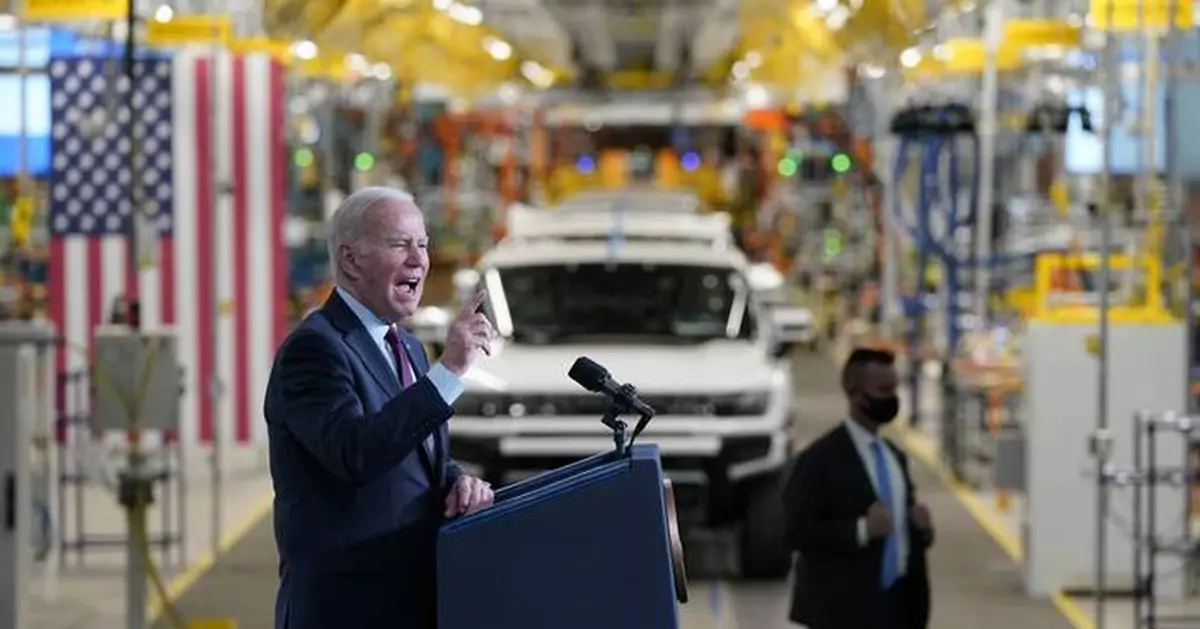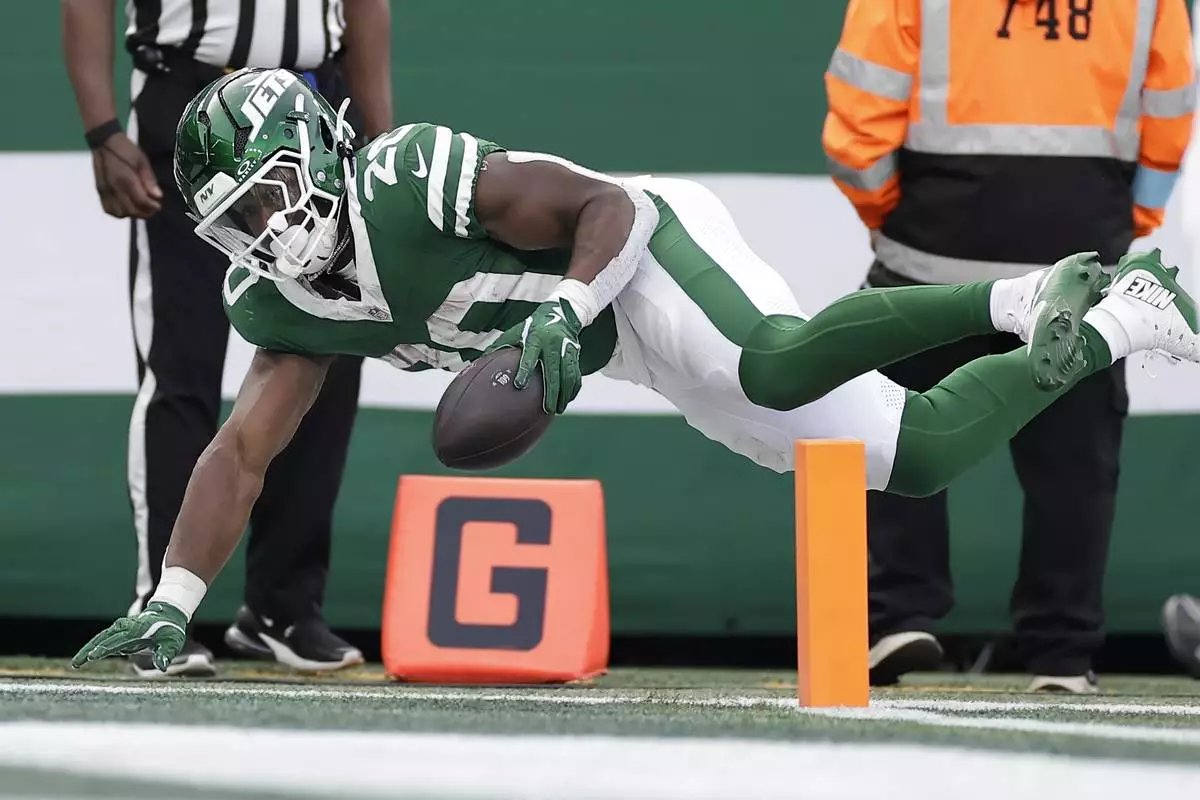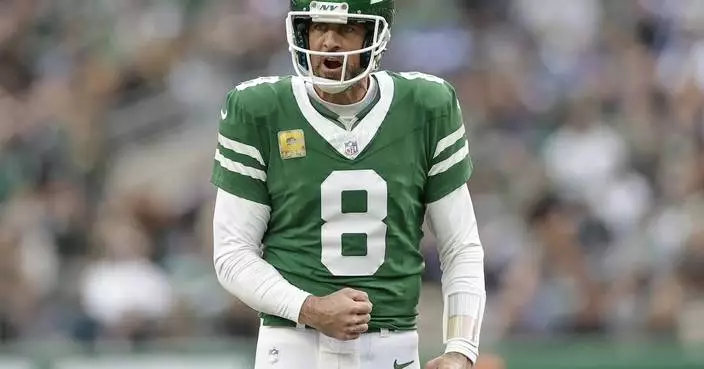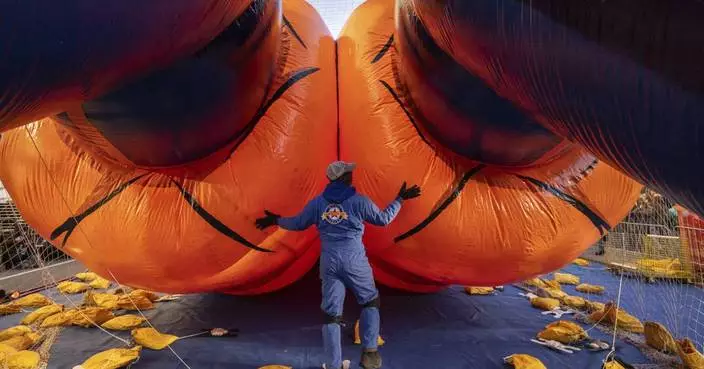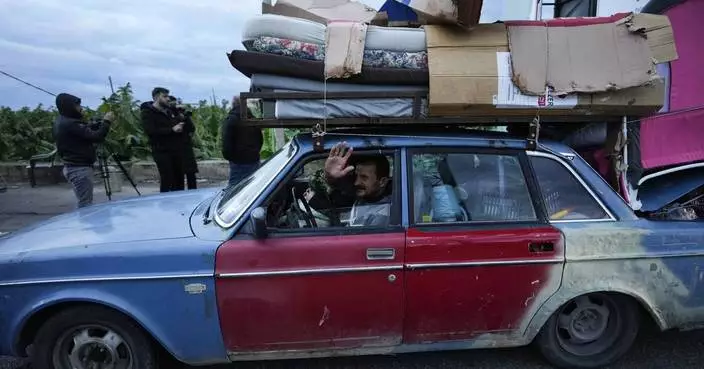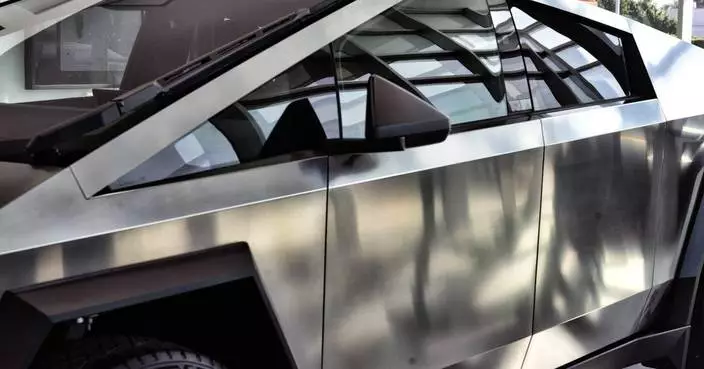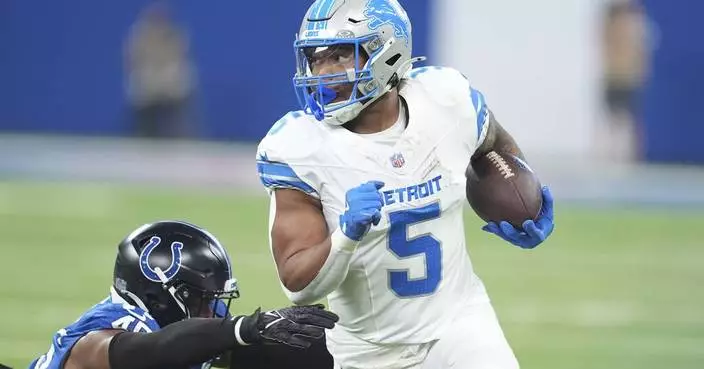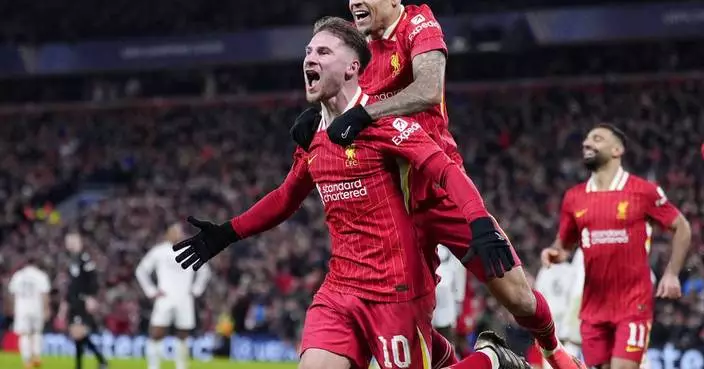As President Joe Biden's term comes to an end, social media users are falsely claiming that his administration spent billions of dollars on the construction of just a handful of electric vehicle charging stations. Multiple high-profile figures, including sitting members of Congress, have promoted the claims.
The claims misrepresent funding set aside by the 2021 Infrastructure and Jobs Act, also known as the Bipartisan Infrastructure Law, for a national network of publicly available electric vehicle chargers. Biden has set a goal of creating 500,000 such chargers by 2030.
Here's a closer look at the facts.
CLAIM: The Biden administration spent $7.5 billion to build eight electric vehicle charging stations.
THE FACTS: That's incorrect. The $7.5 billion figure refers to the total amount allocated through the 2021 law to build a network of charging stations across the U.S., not the amount that has already been spent. There are currently 214 operational chargers in 12 states that have been funded through the law, with 24,800 projects underway across the country, according to the Federal Highway Administration.
A charger, often called a charging port, provides electric power to one vehicle at a time through a connector, which is plugged into the vehicle. Stations are physical locations that can have multiple chargers.
Secretary of Transportation Pete Buttigieg called the claims spreading online “false” in a series of X posts.
“$7.5B has not been spent, nor anything like that,” he wrote, adding that federally funded chargers are built by individual states, not the federal government, and that most will be built in the second half of the 2020s.
The total $7.5 billion in funding consists of $5 billion distributed through the National Electric Vehicle Infrastructure Formula Program, or NEVI, and $2.5 billion distributed through the Charging and Fueling Infrastructure Discretionary Grant Program, or CFI.
NEVI funds, as determined by a formula, go annually to departments of transportation in all 50 states, plus Puerto Rico and the District of Columbia, from 2022 to 2026. The funds will be available until 2030. Each year, 10% of NEVI funding is set aside for states and local governments that require additional assistance.
CFI provides grants to states and other localities through an application process. It funds electric vehicle charging, as well as other alternative fueling infrastructure, with a focus on underserved and disadvantaged communities.
Rep. Michael Rulli, a Republican from Ohio, was among multiple high-profile figures who falsely claimed this week that the entire budget has already been spent.
“Pete Buttigieg will leave his post as Transportation Secretary having spend $7.5 BILLION to build 8 EV charging stations,” he wrote in an X post that had received approximately 62,900 likes and shares as of Wednesday. “His legacy will be squandering billions on something nobody wants, while millions struggle to afford the things they need.”
Rulli's office did not immediately respond to a request for comment.
By early this year, only four states — Ohio, New York, Pennsylvania and Hawaii — had opened stations funded by the Bipartisan Infrastructure Law, The Associated Press reported in March. A Washington Post article published the next day said this amounted to just seven stations.
Loren McDonald, an independent analyst tracking the electric vehicle charger buildout, told the AP that when assessing the progress that's been made it's important to understand that some states have extensive experience constructing electric vehicle charging infrastructure while others have little to none. He explained that Wisconsin, for example, had to pass a new law in order to comply with federal requirements.
“This is a federal program, but at the end of the day, it's completely dependent on the states,” he said. “And so the real criticism probably needs to be directed at the states that are moving slowly or how the program was structure. But I don't know how else you would have done it.”
Asked whether the federal government could do anything to help states move faster, McDonald suggested that it could have provided them with more guidance on how to manage their individual buildouts.
All 50 states, Puerto Rico and the District of Columbia have access to two rounds of NEVI funding totaling nearly $2.4 billion, according to the Federal Highway Administration. As of Friday, 37 states have access to their third round of funding, for an additional $586 million total. The agency explained, however, that this does not represent money that has already been spent — just the money that is available to fund projects.
The Federal Highway Administration has announced more than $1.3 billion in awards through CFI and funds set aside by NEVI with $779 million in grants currently available under both programs. This also represents money that is available for projects rather than money that has been spent.
There are currently more than 203,000 publicly available charging ports across the U.S., with nearly 1,000 being turned on every week, according to the agency. This is more than double the number available in 2021. In addition to NEVI and CFI, funding sources include federal tax incentives and private investments.
__
Find AP Fact Checks here: https://apnews.com/APFactCheck.
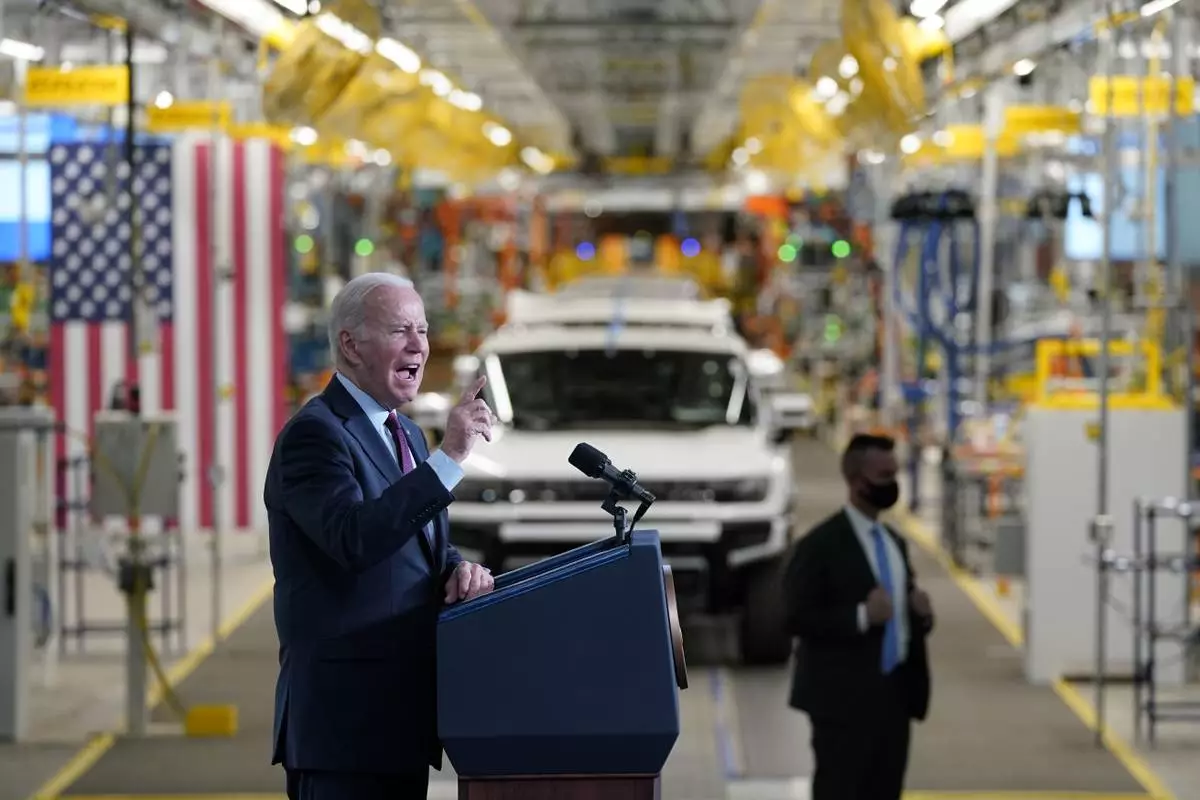
FILE - President Joe Biden speaks during a visit to the General Motors Factory ZERO electric vehicle assembly plant, Nov. 17, 2021, in Detroit. (AP Photo/Evan Vucci, File)


